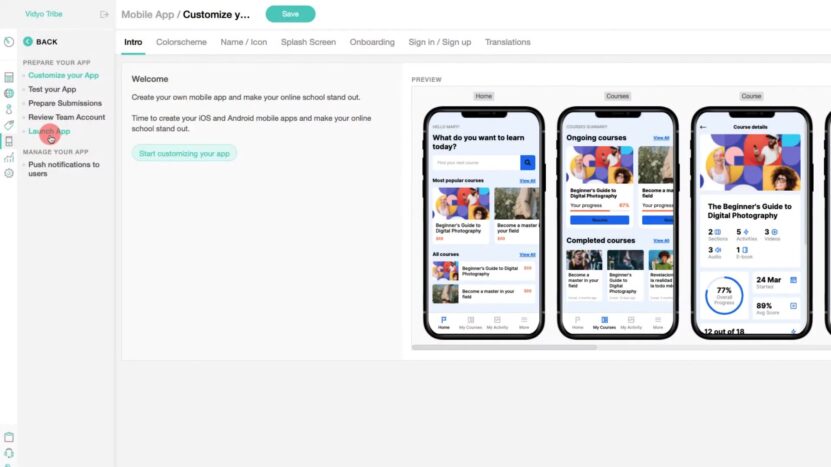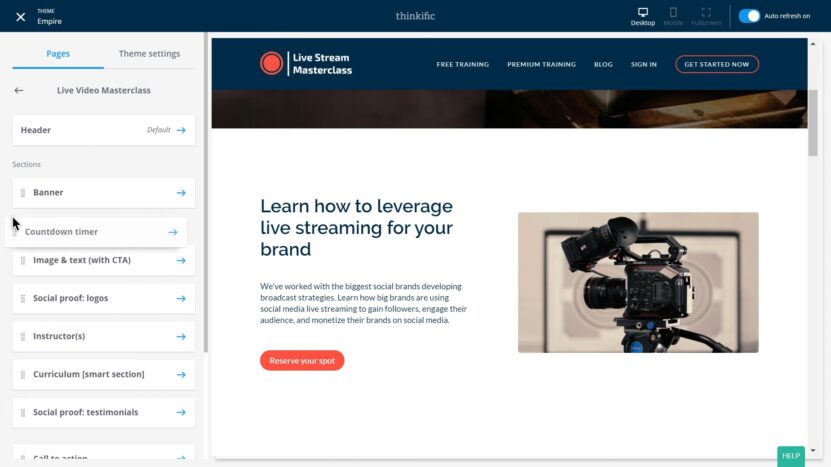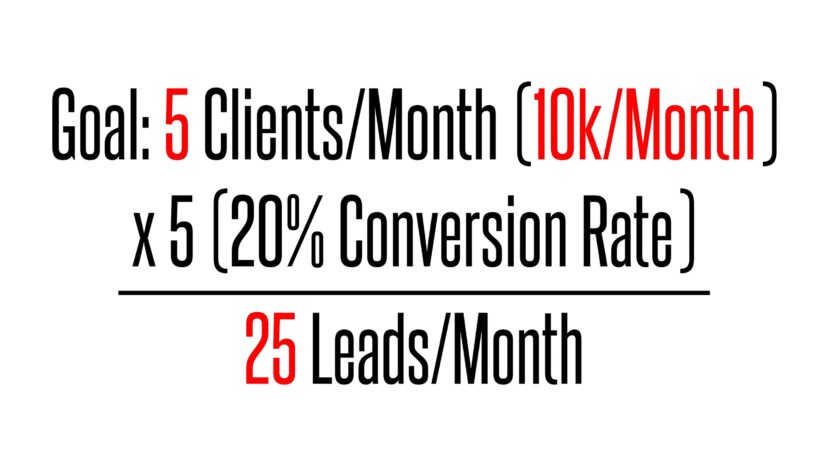India, with its diverse population and growing economy, presents a massive opportunity for entrepreneurs and educators looking to sell online courses. As internet penetration continues to rise, more people than ever before are turning to online platforms for education and professional development. In this comprehensive guide, we will explore the most effective strategies for creating, marketing, and selling online courses in India, ensuring your educational content reaches its full potential.
The Online Education Landscape in India
Before diving into the world of online course creation and sales, it’s crucial to understand the unique characteristics of the Indian market. A few key points to consider include:
- The importance of affordability: With a wide range of socio-economic backgrounds, offering affordable options is crucial to reaching a broader audience in India.
- Local language support: While English is widely spoken, providing content in regional languages can significantly boost your course’s appeal.
- Job-oriented courses: There’s a growing demand for courses that help learners gain skills for in-demand industries, such as technology, finance, and healthcare.
Creating a High-Quality Online Course

Identifying Your Target Audience
Before designing your course, it’s essential to understand who your target audience is. Consider the following questions:
- What are their educational and professional backgrounds?
- What are their learning preferences?
- What challenges do they face, and how can your course address those needs?
By identifying your target audience, you can tailor your course content to their specific needs, making it more appealing and valuable to potential customers.
Developing Engaging Course Content
Your online course’s content quality is a significant factor in its success. To create engaging content, consider the following tips:
- Break complex topics into smaller, digestible sections.
- Incorporate multimedia elements such as videos, images, and interactive quizzes.
- Leverage real-world examples and case studies to make the content more relatable.
- Encourage active learning through group discussions and peer-to-peer interactions.
Choosing the Right Course Format
The format of your online course can significantly impact its effectiveness. Consider offering a mix of formats, such as:
- Self-paced courses: Learners can access the content at their own pace, offering flexibility for those with busy schedules.
- Instructor-led courses: Live sessions with an instructor can provide personalized guidance and support.
- Hybrid courses: Combining self-paced content with instructor-led sessions allows for a balanced learning experience.
Selecting an Online Course Platform

To sell your online course, you’ll need a platform to host and deliver your content. Some popular options include:
When evaluating platforms, consider factors such as ease of use, customization options, payment processing, and marketing tools. Additionally, make sure the platform supports regional languages and currencies, as well as local payment methods.
Marketing Your Online Course
Building a Strong Online Presence
A robust online presence is crucial for attracting potential customers. Consider creating a website or blog to showcase your course offerings, share valuable content, and establish yourself as an expert in your field. Ensure your website is mobile-friendly, as a significant portion of Indian internet users accesses the web through their smartphones.
Utilizing Social Media
Social media platforms like Facebook, LinkedIn, Twitter, and Instagram can be powerful tools for promoting your online course. To maximize your reach, consider the following tips:
- Share valuable content related to your course topic to attract your target audience.
- Engage with your audience by responding to comments and messages promptly.
- Use targeted advertising to reach potential customers based on their interests and demographics.
- Collaborate with influencers in your niche to boost your course’s visibility.
Email Marketing and Outreach

Email marketing remains an effective way to reach potential customers and nurture relationships with existing ones. Some tips for successful email marketing include:
- Offer a lead magnet, such as a free eBook or mini-course, to entice people to join your mailing list.
- Segment your email list to send targeted content tailored to subscribers’ interests and needs.
- Create engaging, value-driven emails that keep your audience informed about your course offerings and any special promotions.
Leveraging Partnerships and Affiliates
Collaborating with other businesses, educators, or influencers in your niche can significantly boost your online course’s visibility. Consider creating partnerships and affiliate programs that offer incentives for promoting your course to their audiences.
Pricing Your Online Course

Determining the right price for your online course can be challenging. To find the sweet spot, consider the following factors:
- The value you provide: How much can your course help learners achieve their goals? How does your course compare to competitors in terms of quality and depth?
- Your target audience’s budget: Consider the financial constraints of your audience and strive to make your course accessible to a wider range of learners.
- Tiered pricing options: Offering different pricing tiers can help cater to various budget levels and encourage upselling. For example, you can provide a basic package with limited access to course materials and a premium package with additional resources and support.
Providing Excellent Customer Support
Offering exceptional customer support is essential for building trust and maintaining a positive reputation. Some tips for providing excellent support include:
- Offering multiple support channels, such as email, live chat, and phone support.
- Providing comprehensive self-help resources, such as a knowledge base or FAQ section.
- Responding to customer inquiries promptly and professionally.
- Continuously monitoring and improving your support processes based on customer feedback.
Tracking Your Success and Scaling Your Business

Finally, tracking your online course’s performance is crucial for making data-driven decisions and scaling your business. Consider using analytics tools to monitor key metrics, such as:
- Enrollment numbers and revenue
- Course completion rates
- Customer satisfaction and feedback
- Marketing campaign effectiveness
By closely monitoring these metrics, you can identify areas for improvement and optimize your strategies to grow your online course business in the Indian market.
Final Words
Selling online courses in India offers immense potential for educators and entrepreneurs. By understanding the unique characteristics of the Indian market, creating high-quality and engaging course content, selecting the right platform, implementing effective marketing strategies, pricing your course appropriately, providing excellent customer support, and tracking your success, you can tap into this booming industry and transform the lives of countless learners. So, don’t wait any longer – start your journey toward becoming a successful online course creator today!
If you’re looking to sell online courses in India, you may want to check out these top tips for saving money on a budget.

